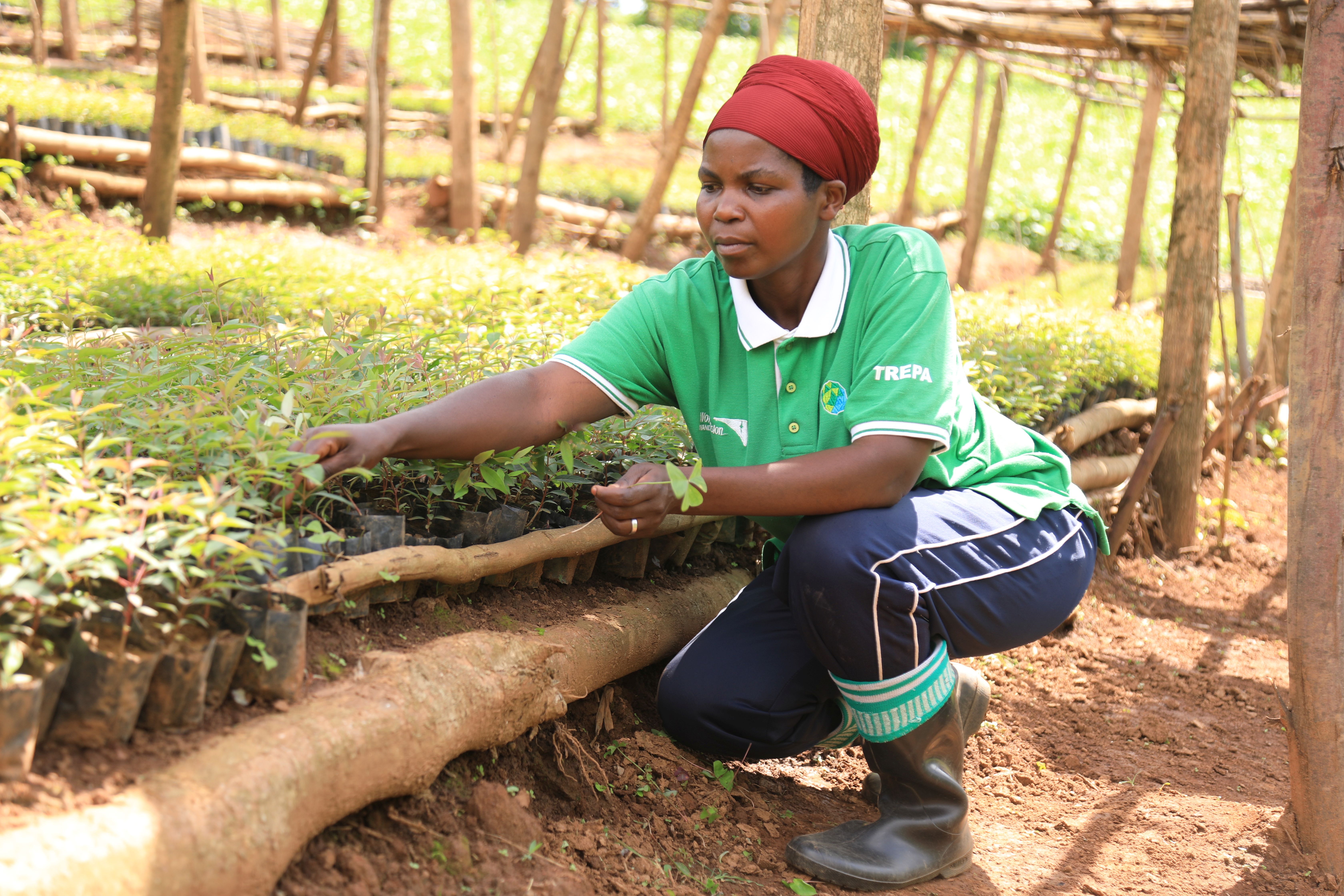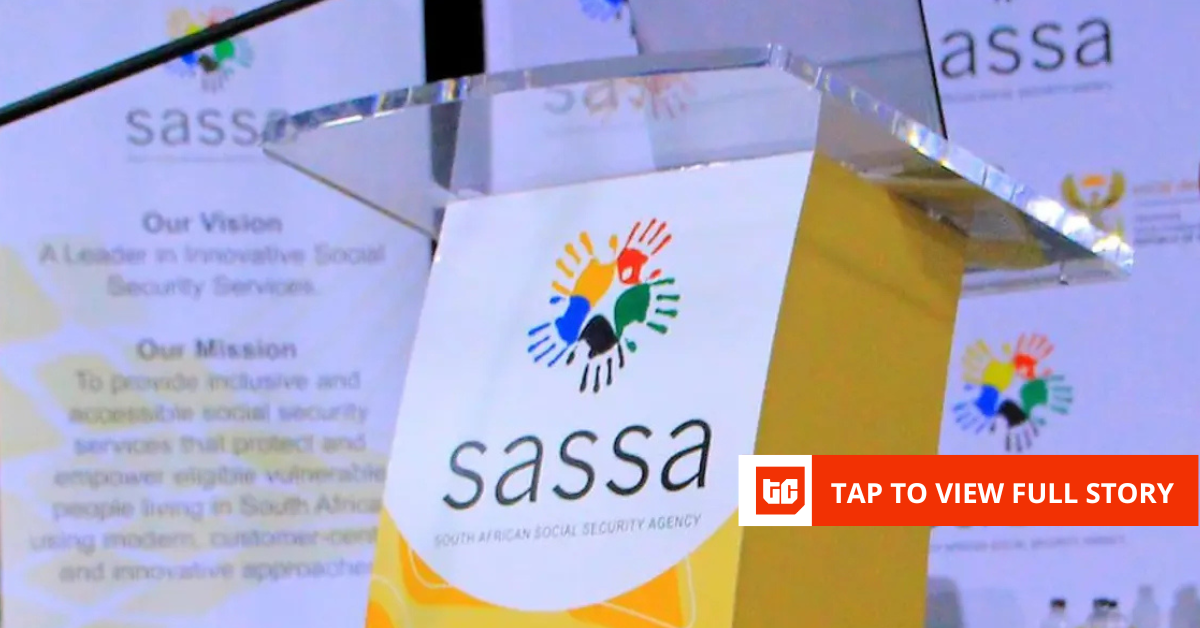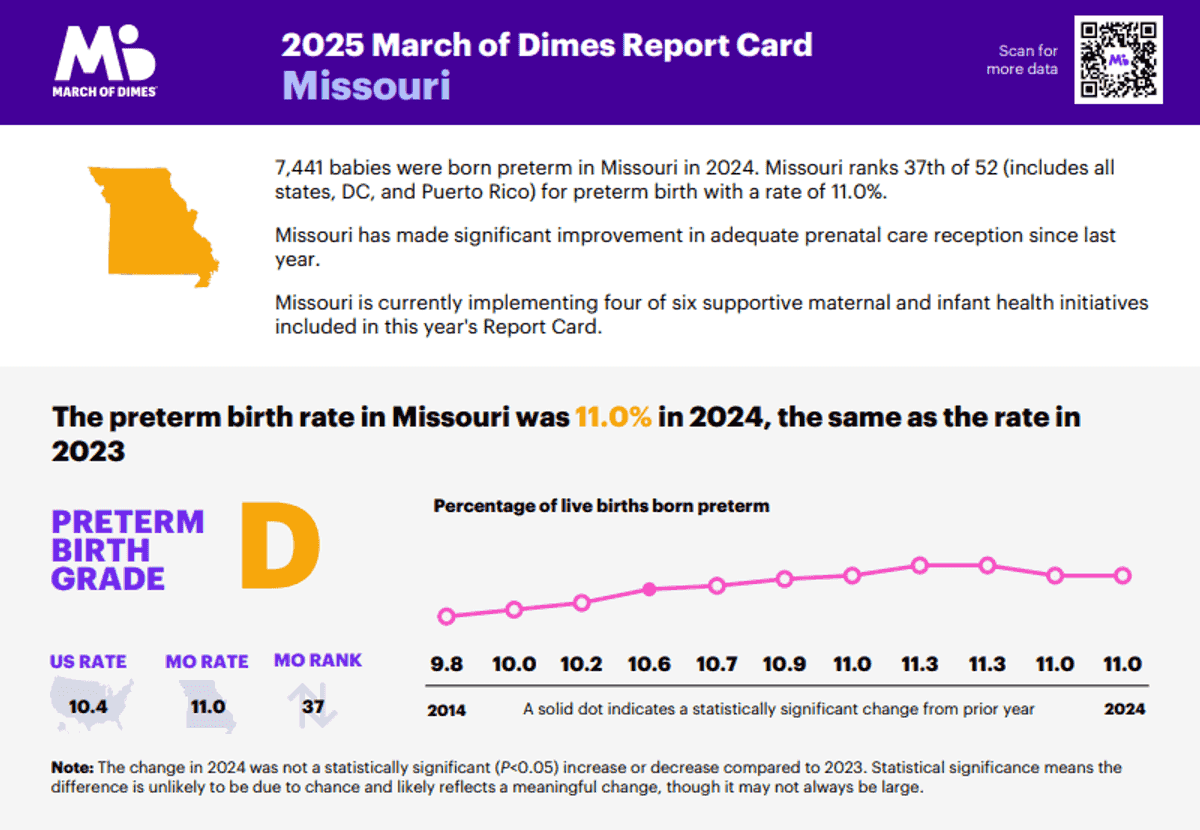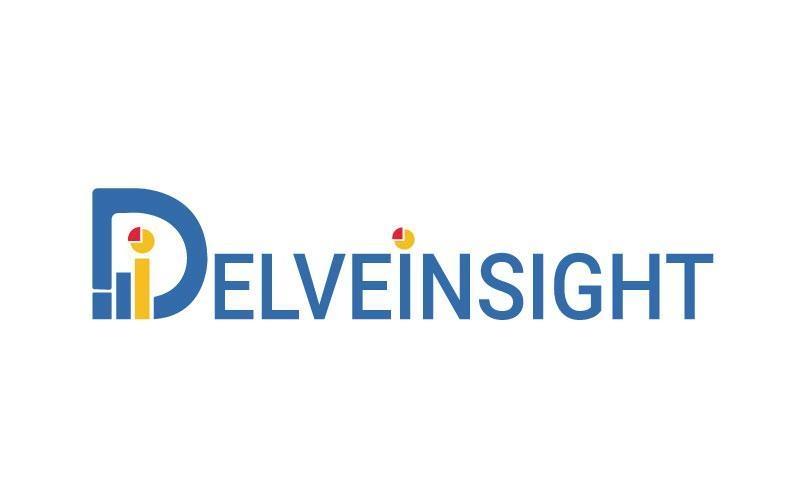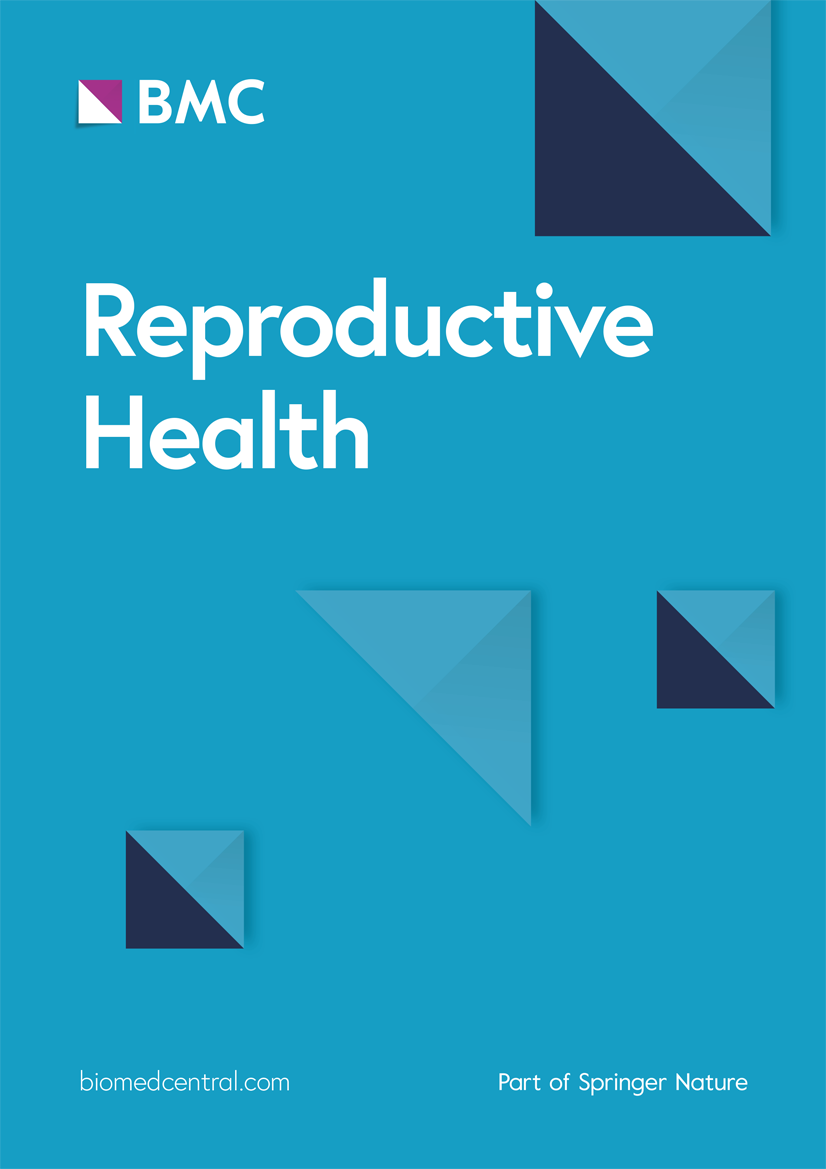Local Women Complete Entrepreneurship Program – University of Scranton

Report on the Women’s Entrepreneurship Center (WEC) StartUP Program and its Contribution to Sustainable Development Goals
Executive Summary
A recent initiative by The University of Scranton’s Women’s Entrepreneurship Center (WEC), the StartUP Spring Program, has concluded, providing fifteen aspiring female entrepreneurs with foundational business training. This report analyzes the program’s structure and outcomes through the lens of the United Nations Sustainable Development Goals (SDGs), highlighting its significant contributions to gender equality, economic growth, quality education, and strategic partnerships.
Advancing SDG 5: Gender Equality and Women’s Empowerment
The program directly addresses SDG 5 by focusing exclusively on empowering women, providing them with the necessary tools and confidence to achieve economic independence through entrepreneurship. By fostering female-led businesses, the initiative promotes women’s full and effective participation and equal opportunities for leadership in economic life.
- Objective: Offer targeted support and guidance to women exploring entrepreneurship.
- Impact: Equips female participants with skills to overcome gender-specific barriers in the business world, fostering a more equitable economic landscape.
- Participants: Fifteen women successfully completed the 2024 program, positioning them to launch or advance their business ventures.
Promoting SDG 8: Decent Work and Sustainable Economic Growth
The WEC StartUP Program is a catalyst for local economic development, aligning with the principles of SDG 8. By training entrepreneurs, the program supports the creation of new enterprises, which in turn can generate employment opportunities and contribute to sustained, inclusive, and sustainable economic growth within the Northeastern Pennsylvania region.
The core curriculum was designed to build a foundation for viable and resilient businesses:
- Business Startup Basics
- Legal and Insurance Considerations
- Marketing and Social Media Essentials
- Business Plan Development
- Accounting and Budget Skills
- Financing Options and Goal Setting
Fostering SDG 4: Quality Education and Lifelong Learning
This six-week certificate series exemplifies SDG 4 by providing inclusive and equitable quality education and promoting lifelong learning opportunities. It offers practical, vocational training outside of a traditional degree structure, enhancing the skills of adult learners and preparing them for the specific demands of entrepreneurship.
Strengthening SDG 17: Partnerships for the Goals
The success of the program is a testament to effective multi-stakeholder partnerships, a cornerstone of SDG 17. The collaboration united academic, financial, and community resources to achieve a common objective.
Key Partners:
- The University of Scranton Women’s Entrepreneurship Center (WEC)
- The Kania School of Management
- Northeastern Pennsylvania (NEPA) Alliance Business Finance Corporation (Sponsor)
- The University of Scranton Small Business Development Center
- Various Local Entrepreneurs
This partnership model ensures that participants receive comprehensive support, from academic guidance and student intern assistance to financial expertise and real-world insights from established business owners, thereby creating a robust ecosystem for sustainable development.
1. Which SDGs are addressed or connected to the issues highlighted in the article?
SDG 4: Quality Education
The article highlights an educational initiative, the “StartUP Spring Program,” a six-week certificate series designed to teach entrepreneurial skills. This directly connects to providing inclusive and equitable quality education and promoting lifelong learning opportunities.
SDG 5: Gender Equality
The program is specifically offered by The University of Scranton Women’s Entrepreneurship Center (WEC) to “fifteen aspiring entrepreneurs,” who are women. This focus on empowering women economically by providing them with the tools and knowledge to start their own businesses is central to achieving gender equality.
SDG 8: Decent Work and Economic Growth
By fostering entrepreneurship, the program supports the creation of new businesses, which in turn can lead to job creation and sustainable economic growth. The curriculum, which includes “business plan development, accounting and budget skills, [and] financing options,” directly promotes productive activities and entrepreneurship.
SDG 17: Partnerships for the Goals
The article explicitly mentions a collaboration to deliver the program. It was “sponsored by Northeastern Pennsylvania Alliance Business Finance Corporation,” and “Representatives from The University of Scranton Small Business Development Center and various local entrepreneurs also played a role.” This multi-stakeholder partnership between an academic institution, a business finance corporation, and a development center exemplifies the collaborative approach needed to achieve the SDGs.
2. What specific targets under those SDGs can be identified based on the article’s content?
-
SDG 4: Quality Education
- Target 4.4: “By 2030, substantially increase the number of youth and adults who have relevant skills, including technical and vocational skills, for employment, decent jobs and entrepreneurship.” The WEC program directly addresses this by providing adult women with specific, relevant skills for entrepreneurship, such as “business startup basics, legal and insurance considerations, marketing and social media essentials,” and more.
-
SDG 5: Gender Equality
- Target 5.5: “Ensure women’s full and effective participation and equal opportunities for leadership at all levels of decision-making in political, economic and public life.” The program empowers women to become entrepreneurs, thereby increasing their participation and leadership in the economic sphere.
-
SDG 8: Decent Work and Economic Growth
- Target 8.3: “Promote development-oriented policies that support productive activities, decent job creation, entrepreneurship, creativity and innovation, and encourage the formalization and growth of micro-, small- and medium-sized enterprises…” The StartUP program is a clear example of an initiative that supports entrepreneurship and the potential growth of small enterprises by equipping founders with necessary skills.
-
SDG 17: Partnerships for the Goals
- Target 17.17: “Encourage and promote effective public, public-private and civil society partnerships…” The article details such a partnership between the University of Scranton (academic/private institution), the NEPA Alliance Business Finance Corporation (private), and the Small Business Development Center (public/private entity).
3. Are there any indicators mentioned or implied in the article that can be used to measure progress towards the identified targets?
-
For Target 4.4 (Relevant Skills for Entrepreneurship)
- Indicator (Implied): The number of adults participating in and completing formal and non-formal education and training programs. The article provides a direct measure for this by stating, “Fifteen aspiring entrepreneurs recently completed The University of Scranton Women’s Entrepreneurship Center (WEC) StartUP Spring Program.”
-
For Target 5.5 (Women’s Participation in Economic Life)
- Indicator (Implied): The number of women trained for leadership and entrepreneurial roles. The completion of the program by 15 women serves as a proxy indicator for increasing the pool of potential female business leaders.
-
For Target 8.3 (Support for Entrepreneurship)
- Indicator (Implied): The number of individuals receiving business development and entrepreneurship training. The article quantifies this by mentioning the 15 participants who completed the program covering “business plan development, accounting and budget skills, [and] financing options.”
-
For Target 17.17 (Multi-stakeholder Partnerships)
- Indicator (Implied): The existence and number of public-private and civil society partnerships. The article identifies a specific partnership between the University, the NEPA Alliance Business Finance Corporation, and the Small Business Development Center, confirming its existence as a measurable outcome.
4. Table of SDGs, Targets, and Indicators
| SDGs | Targets | Indicators Identified in the Article |
|---|---|---|
| SDG 4: Quality Education | 4.4: Increase the number of adults with relevant skills for entrepreneurship. | The number of participants completing the entrepreneurship program (stated as 15 women). |
| SDG 5: Gender Equality | 5.5: Ensure women’s full and effective participation and equal opportunities for leadership in economic life. | The number of women completing the program at the Women’s Entrepreneurship Center, preparing them for economic leadership. |
| SDG 8: Decent Work and Economic Growth | 8.3: Promote policies that support entrepreneurship and the growth of small enterprises. | The existence of a program teaching “business startup basics, business plan development, [and] financing options” to aspiring entrepreneurs. |
| SDG 17: Partnerships for the Goals | 17.17: Encourage and promote effective public-private and civil society partnerships. | The documented partnership between the University of Scranton, NEPA Alliance Business Finance Corporation, and the Small Business Development Center. |
Source: news.scranton.edu

What is Your Reaction?
 Like
0
Like
0
 Dislike
0
Dislike
0
 Love
0
Love
0
 Funny
0
Funny
0
 Angry
0
Angry
0
 Sad
0
Sad
0
 Wow
0
Wow
0










/campaigns/16-days-of-activism-against-gender-based-violence/pr-web-banner.tmb-1200v.jpg?sfvrsn=8cc7b98e_1#)




































